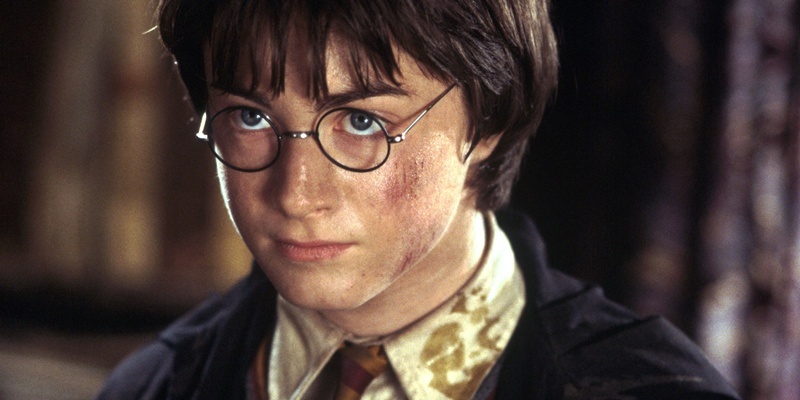Harry Potter has graduated from Hogwarts and now he’s coming to St Andrews University.
Academics from around the world will today whizz into Fife broomsticks optional for first UK conference on the famous boy wizard.
The boffin described as ”the dean of Harry Potter scholars” will explain why JK Rowling’s hero is worthy of academic study.
John Granger, author of The Deathly Hallows Lectures, will be joined by 60 scholars to examine the seven books as literary texts in their own right.
In a series of almost 50 lectures over the coming two days, experts will discuss how they deal with death, the role of empathy, the influence of writers such as CS Lewis and JRR Tolkien, paganism, magic and the use of food and British national identity.
The conference has been organised by John Patrick Pazdziora from the university’s School of English, and Fr Micah Snell from its Institute for Theology, Imagination and the Arts.
Mr Pazdziora said we could not avoid the fact that Harry Potter is the main narrative experience of an entire generation.
”The Harry Potter novels are simply the most important and influential children’s books of the late 20th and early 21st centuries,” he said. ”JK Rowling has put so much detail, so many literary and folkloric and cultural references, it’s a tangle or a puzzle picking it all out.
”The series opens up new worlds to its readers and this is also partly why it’s so imaginatively and culturally important.”
Although the series is receiving increased academic attention, the St Andrews event is the UK’s first academic conference on the subject and the first in the world to discuss Harry Potter strictly as a literary text.
The keynote speakers include Mr Granger and experts from countries including the US, South Africa, Australia, India and the Philippines.
Mr Pazdziora added: ”The Hogwarts saga is the most loved story in the history of publishing by quite a margin and, consequently, it is a natural and important subject of study for anyone interested in the literary arts.
”I take exception to the unexamined and misinformed assumption that the books are light on literary merit. Ms Rowling’s works are comic, certainly, but it’s a great mistake to think they’re simple or haphazard storytelling.”
With Scotland’s connections Hogwarts is hidden somewhere in Scotland and JK Rowling lives here he said it is appropriate that the first academic conference be held at Scotland’s oldest university.
Photo PA
